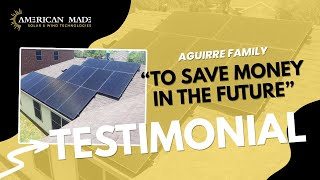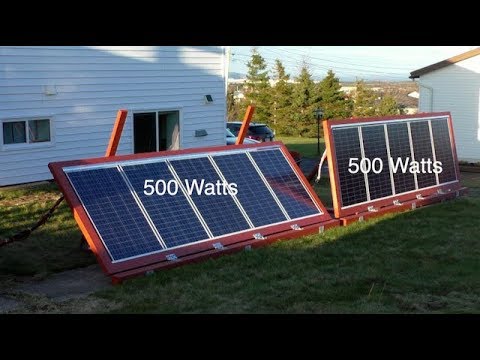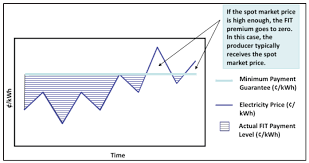
Nevada's solar energy regulations are important. The state of Nevada has a state-run rebate program that can give you a nice lump sum of money or take a percentage off of the installed cost. The rebate will require you to complete some paperwork, but most solar installers will do this for your benefit. These matters should be handled by an experienced solar installer.
Net metering
Net Metering is a method of transferring clean energy from solar systems to your utility in exchange for a credit against your electric bill. This program was established in 1997. It allows homeowners and businesses to store surplus electricity and either send it back or use it later. This program can help you save thousands of dollars and offset most of the electric bill if there is enough solar power.
Nevada law requires that net metering be provided by local utilities. The retail rate is 75 percent, and the compensation decreases with more customers installing solar. This means that Nevada solar installations can pay off in as little as 16 years. However, this rate will continue to drop with more customers installing solar.
Community-based Solar Projects
Nevada community-based solar projects offer a promising approach to making solar energy more accessible for all. The cost to install solar panels on a roof is currently between $10,000 and $15,000. Nevadans are unable to afford this much, especially those with low incomes who do not usually have roof space or can't afford it. So the state is investigating incentives to make it more affordable.

The Valley Electric Association in Pahrump has a 15-megawatt project. The project will be free to members of the cooperative and should be up and running by July 2016. MDU Resources Group (Nevada) is the responsible for the contract's long-haul power purchase. VEA is collaborating. Members of VEA will be able to use this renewable energy for their homes and businesses at a price far below the average price charged by traditional electric companies.
Tax credits
Nevada offers a variety of tax credits to solar and renewable energy. The best place to find out about these credits is DSIRE. The website is run by the N.C. Clean Energy Technology Center at N.C. State University and is a comprehensive resource. The state offers a program that lets you sell your excess power back to your utility.
The state has a strong, renewable portfolio standard (RPS), which obliges utilities to use more renewable energy. Customers also require them to purchase renewable energy. Utilities often offer solar incentives and carve outs in order to meet their mandate.
Legality
Nevada's recent law has made solar power legal. According to the law, rooftop solar system owners can sell excess electricity back to their utility. The current rate is 95% of retail. However, prices will drop as more rooftop PV systems are installed. Additionally, the legislation provides new homeowner protections. For example the net metering rate is guaranteed for 20 year.
However, this policy comes with its flaws. Utility companies don’t like net meters, which allow solar customers to make excess electricity and sell it to the utility at retail rate. Because some of the money utilities collect goes to maintaining the electric grid. Moreover, the state's utilities have argued that solar customers don't pay their fair share of costs.

Costs
Nevada solar leases are a great option for those who don't want to spend a lot upfront but wish to make savings over the life of their panels. A Nevada solar lease typically pays back in eight to 14 years. This payback period is calculated using a simple payback formula, which divides the cost of power by the annual electricity output. It takes at least one year to save enough electricity to match the current price. So it's crucial that you understand the costs of solar leasing Nevada.
Federal Investment Tax Credit is a tax credit that can be used to offset the costs of installing solar panel systems. A 10-kW system is eligible for the credit, which can be up to 30% of cost. NV Energy's Renewable Generations Rebate Program may be able to lower your residential solar system costs if you have less than 25 kW. Solar panel systems can be eligible for rebates up to $13,500